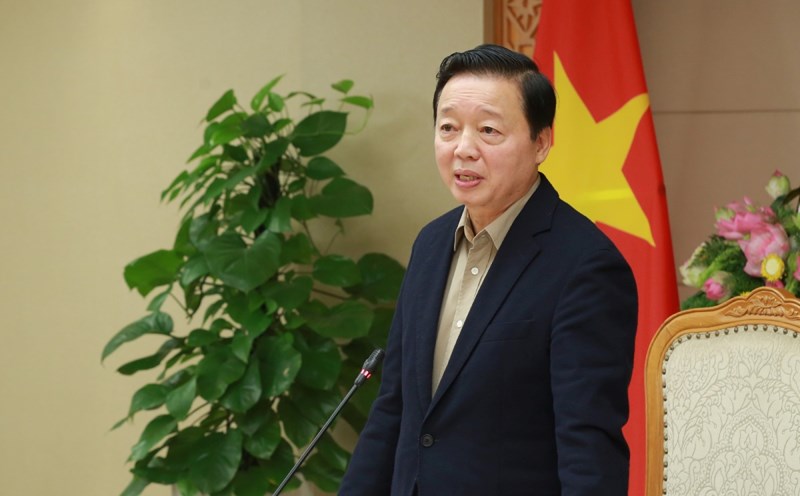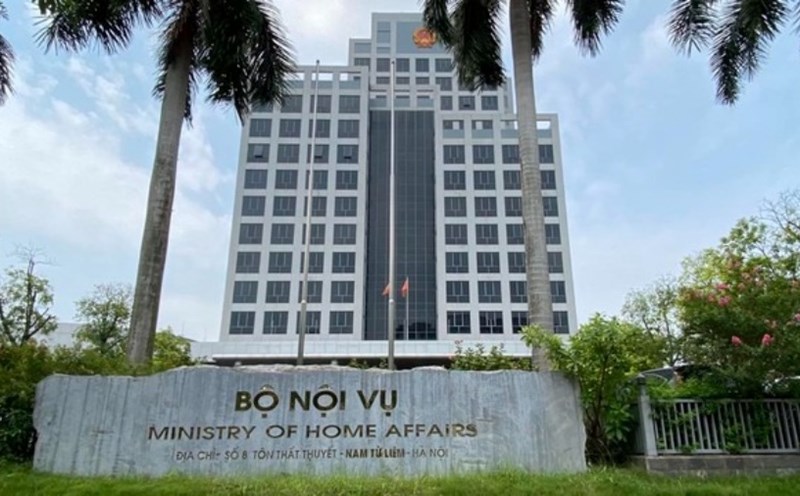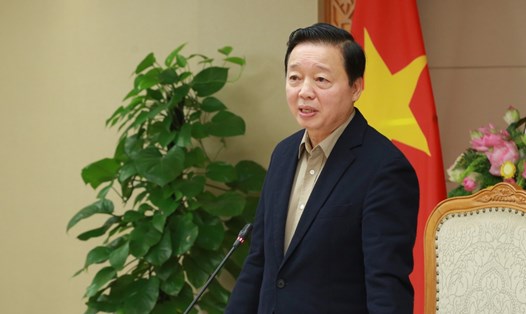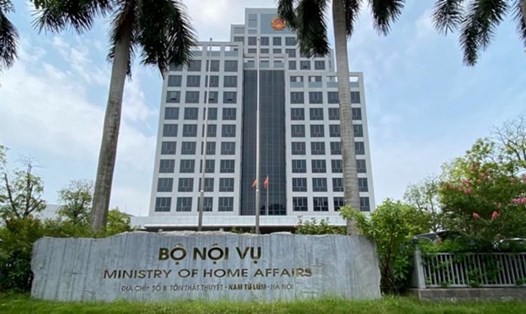On December 10, the Government Office announced that Prime Minister Pham Minh Chinh had just signed Official Dispatch No. 129/CD-TTg requesting ministries, branches and localities to strengthen the management and use of electronic invoices, and improve the efficiency of tax collection for e-commerce.
According to the dispatch, there are still some localities, businesses, and retail stores that have not thoroughly used electronic invoices. The development of e-commerce poses new challenges in state management and tax collection management.
From there, the Prime Minister requested the Ministry of Finance to preside over and coordinate with ministries and agencies to strengthen propaganda, leadership, direction, and organization of the use of electronic invoices.
Review, support, and require businesses to apply electronic invoices generated from cash registers, focusing on direct retail sectors to key consumers such as: food and beverage services, retail sales of goods at shopping malls, consumer goods retail stores, gasoline retail, etc. to ensure favorable conditions for issuing electronic invoices.
Strengthening connection and information and data exchange with relevant ministries and agencies, especially with the Ministry of Public Security, to effectively manage taxes, especially for e-commerce, petroleum, and digital business activities, ensuring correct, sufficient, and timely collection.
Resolutely handle according to the law those who intentionally do not implement electronic invoices generated from cash registers.
Strengthen inspection and examination of the issuance and use of electronic invoices, especially in the creation of electronic invoices at retail gasoline stores for customers for each sale, ensuring compliance with legal regulations, and strictly handling non-compliance or intentional non-compliance.
Direct tax authorities at all levels to proactively coordinate with the police and relevant agencies to continue to focus resources and resolutely carry out inspection and supervision of retail gasoline stores, especially stores that still use POS machines/tablets/phones with software installed to issue electronic invoices when selling goods.
Strictly handle violations and publicize information on violations according to regulations in Article 29 of Decree No. 126/2020/ND-CP dated October 19, 2020 of the Government.
Urgently submit to the Government in January 2025 to issue a Decree amending and supplementing a number of articles of Decree No. 123/2020/ND-CP dated October 19, 2020, including solutions on electronic invoices for e-commerce activities.
The Ministry of Industry and Trade shall preside over and coordinate with ministries and agencies to continue researching, reviewing, amending and perfecting legal policies on the management of transactions in e-commerce activities, facilitating tax management for business activities of individuals on e-commerce trading floors.
Directing petroleum businesses and petroleum retail businesses nationwide to properly and fully comply with legal regulations on petroleum business.
Strictly implement regulations on electronic invoices for petroleum business and retail activities, especially in issuing electronic invoices at petroleum retail stores for customers for each sale.
Coordinate with tax authorities to inspect, monitor and handle violations of the law on electronic invoices for each sale of petroleum business units in accordance with the provisions of law.
The Ministry of Public Security shall preside over and coordinate with ministries and agencies in charge of connecting population data with tax authorities and tax administration agencies, and localities to coordinate in detecting and strictly handling violations of not implementing electronic invoices.











